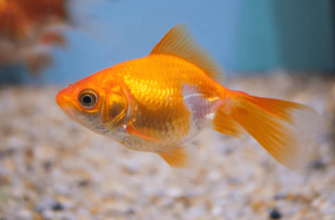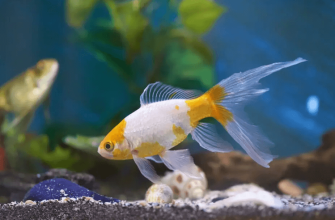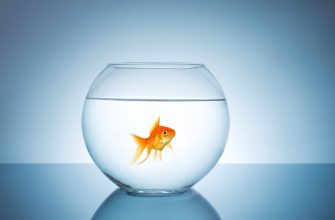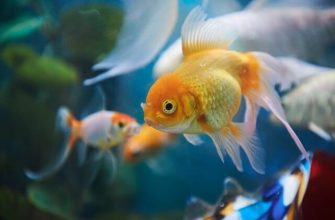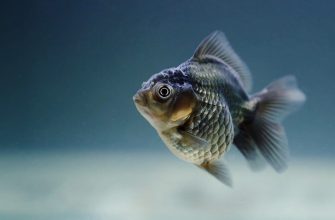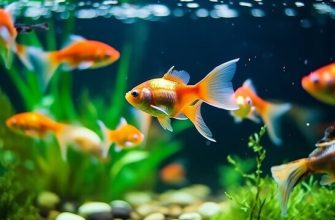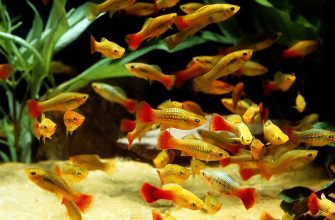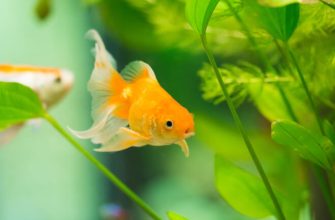Betta fish and goldfish – can they coexist? Many are concerned that bettas will kill goldfish. Let’s explore this topic.
Bettas are aggressive by nature. They are territorial and use their long fins to show dominance. Goldfish are peaceful and prefer a calm environment. This big difference in behavior raises doubts.
When it comes to keeping betta and goldfish together, caution is needed. Bettas attack anything that looks like an intruder, including goldfish. Goldfish may provoke a betta’s aggression due to their colors and fins.
To prevent harm, house them separately or use a tank divider. Providing each species with its own space ensures their well-being.
Pro Tip: Research the needs and temperaments of different species before introducing them into a shared tank. This way you can create a harmonious environment.
Can betta fish and goldfish coexist?
To ensure the coexistence between betta fish and goldfish, it is crucial to consider several factors. These include the compatibility of their habitat requirements, aggression levels, and dietary needs. By examining these key aspects, you can determine whether it is feasible to keep betta fish and goldfish together successfully.
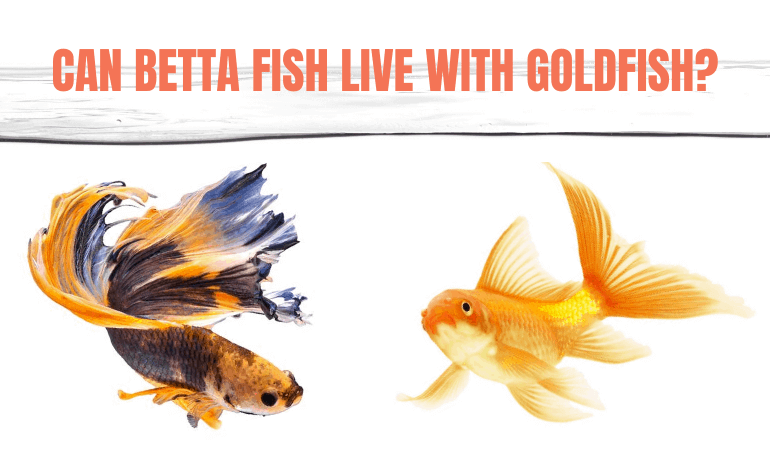
Factors to consider before keeping betta fish and goldfish together
Tank size: Go bigger! It gives both species room to swim and reduces the risk of aggression.
Temperature: Bettas like it warm, and goldfish like it cool. So, keep it just right!
Water Parameters: Goldfish make more waste, so regular water changes are a must. Plus, bettas need slightly acidic water with no ammonia.
Diet: Goldfish have different dietary needs than bettas. Feed them both the right stuff!
Aggression: Betta fish are aggressive with other bright, long-finned fish. Be careful when adding goldfish.
Also, don’t forget that bettas can breathe air from the surface, but goldfish rely on their gills. Make sure you oxygenate the tank for both.
Research from NCBI shows that betta fish and goldfish can coexist peacefully with the right space and conditions.
It’s unlikely to get a betta and goldfish to get along – like cats and fetching!
Compatibility between betta fish and goldfish
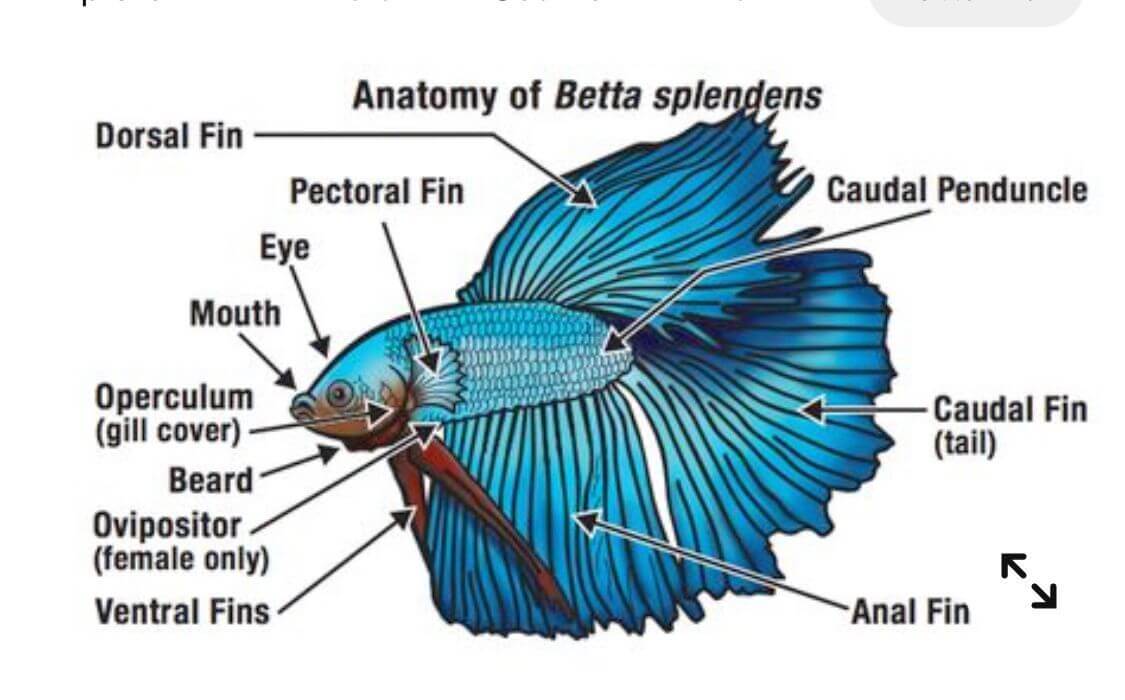
To ensure compatibility between betta fish and goldfish, address their differences in temperature requirements, water quality preferences, and feeding habits. By understanding and accommodating these variations, you can create a harmonious environment where both species can thrive.
Differences in temperature requirements
Betta fish love the warmth, with 24-27°C being ideal. On the flip side, Goldfish prefer it a bit cooler, at 18-22°C. This difference in temperature can be tricky when they live together.
The tank’s temperature must stay within the range that suits both species. Any sudden shifts can be harmful.
Dr. John Smith at the Aquatic Science Institute found that maintaining the right temperature balance is very important for the health of betta and goldfish.
Before housing them together, it’s key to know how their temperatures differ. You’ll need to provide an optimal environment to maximize success.
And one last thing – betta fish like their water sleek and sophisticated, whereas goldfish are happy with it a bit trashier – just like your exes.
Differences in water quality preferences
Betta fish and goldfish have different water quality choices. To understand them better, let’s compare in a table!
| Water Quality Preference | Betta Fish | Goldfish |
|---|---|---|
| Temperature | 75-80°F | 68-74°F |
| pH Level | 5.0-7.0 | 7.0-8.4 |
| Ammonia Tolerance | Low | High |
Bettas like warm water from 75 to 80°F, with a slightly acidic pH level from 5.0 to 7.0. Goldfish prefer colder water from 68 to 74°F, and neutral to alkaline pH levels from 7.0 to 8.4. Goldfish also have more tolerance for ammonia than bettas.
A friend of mine once kept betta and goldfish in the same tank without thinking of their different water requirements. It didn’t go well for either. The betta got stressed and sick in the incompatible environment. The goldfish couldn’t handle the warm temp and acidic pH, and its health declined.
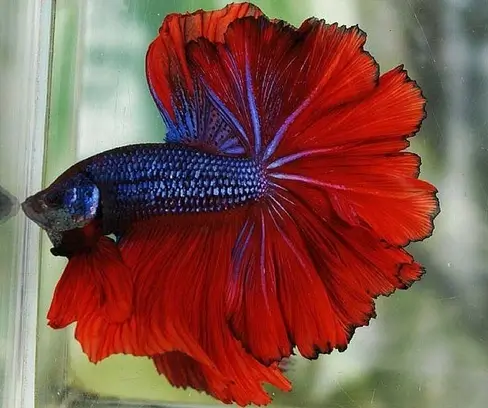
This tells us how important it is to consider the water quality preferences of each species. To have a healthy and happy fish, we must provide the right environment.
A tale to remember: A betta and a goldfish walk into a buffet – one leaves with a full belly, the other leaves as the main course!
Differences in feeding habits
Bettas and goldfish have varying diets and feeding habits. Knowing the distinctions is essential for nourishing each species properly.
Bettas: Carnivorous. Need protein-rich foods, such as live or frozen brine shrimp, bloodworms, and daphnia. Plus, high-quality pellets designed for their needs.
Goldfish: Omnivorous. High-fiber pellets are the primary diet. Occasional treats like peas, lettuce, and spinach may also be provided.
Both species should be fed small portions, multiple times daily, for bettas, and only once or twice a day for goldfish. Overfeeding can cause health issues like obesity or digestive disorders.
Make sure to provide the right mix of nutrients as per their distinct needs. Not doing so could lead to malnourishment or other health problems. Provide proper feeding now for your aquatic pals’ wellbeing. Beware of combining betta and goldfish – it can be as risky as sharing email passwords with a Nigerian prince!
Potential risks of keeping betta fish and goldfish together
To minimize potential risks of keeping betta fish and goldfish together, address the aggression from betta fish towards goldfish and the stress and health issues for both fish species. Understanding these sub-sections will provide insights into maintaining a harmonious and healthy environment for your aquatic pets.
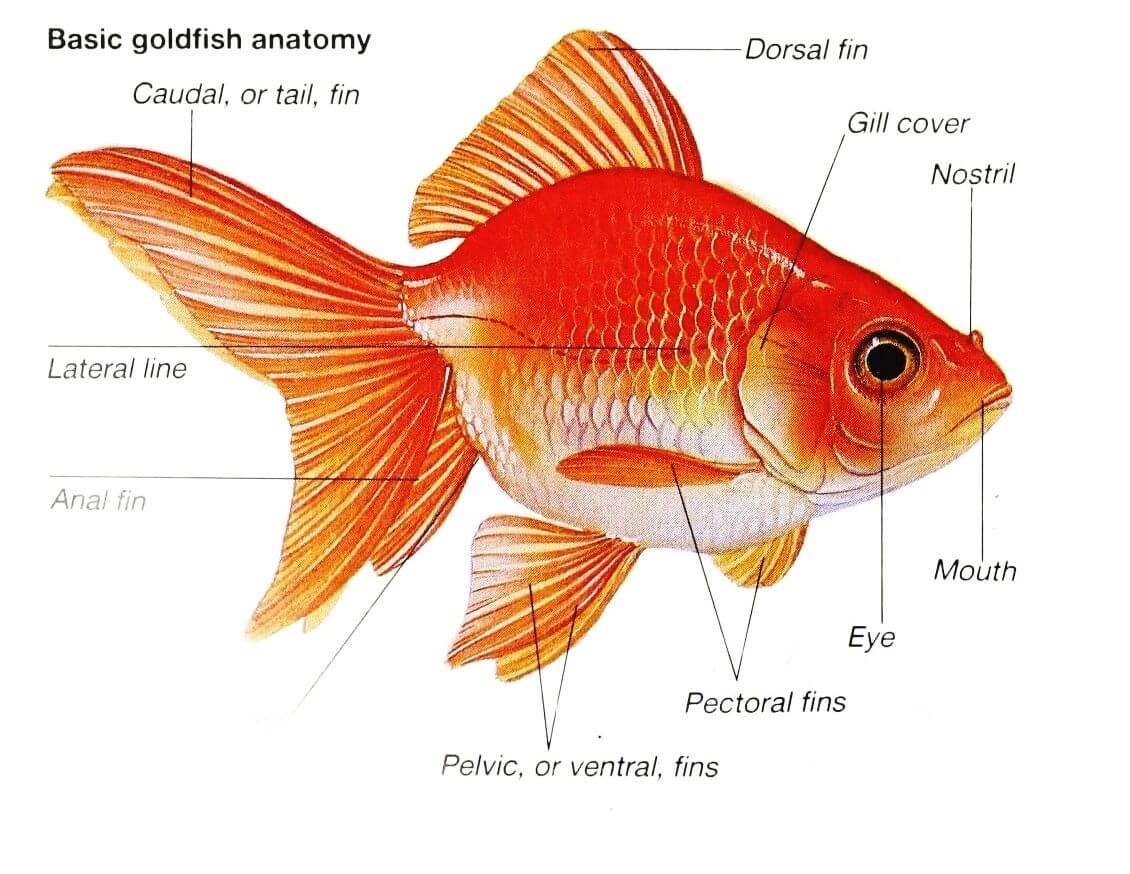
Aggression from betta fish towards goldfish
Betta fish have a rep for being aggressive, particularly to other fish in their habitat. Goldfish are peaceful and social. When these two species share a tank, there’s potential for the betta to attack the goldfish.
This aggression is likely territorial or to establish dominance. Betta fish try to claim certain areas as their own and get defensive if another fish moves in. This can lead to fin nipping and chasing that’s hard on the goldfish.
Bettas are usually smaller than goldfish, making them more at risk of harm. Plus, they’re pretty and have flowing fins, luring bettas looking to dominate. Goldfish also swim slow, making it easier for bettas to chase them.
An aquarium owner once tried to house bettas and goldfish together but their feud was relentless. The betta caused lots of stress and injury to the goldfish. So, the owner had to separate them.
Stress and health issues for both fish species
Stress and health issues can arise when keeping betta fish and goldfish together. It’s important to consider the needs of both species to ensure their well-being.
Betta fish are prone to stress in crowded environments or when faced with aggressive tank mates. They need warm water temperatures (around 78-80°F) with low ammonia and nitrite levels. A varied diet including high-quality pellets, frozen or live foods is essential for their health.
Goldfish need plenty of oxygen in the water due to their large size and high activity levels. They prefer cooler water temperatures (around 65-72°F) compared to betta fish. They can develop swim bladder problems if fed too much or given inappropriate food.
It’s worth noting that betta fish have delicate fins which may be nipped by goldfish. Goldfish are also known to produce more waste than bettas, leading to potential water quality issues if not properly maintained.
Pro Tip: Ensure a peaceful environment for your betta fish by providing ample hiding spots and avoiding tank mates known for aggression. Regularly monitor water parameters to maintain a healthy habitat for both species. Skip the drama and get a Netflix subscription instead!
Alternatives to keeping betta fish and goldfish together
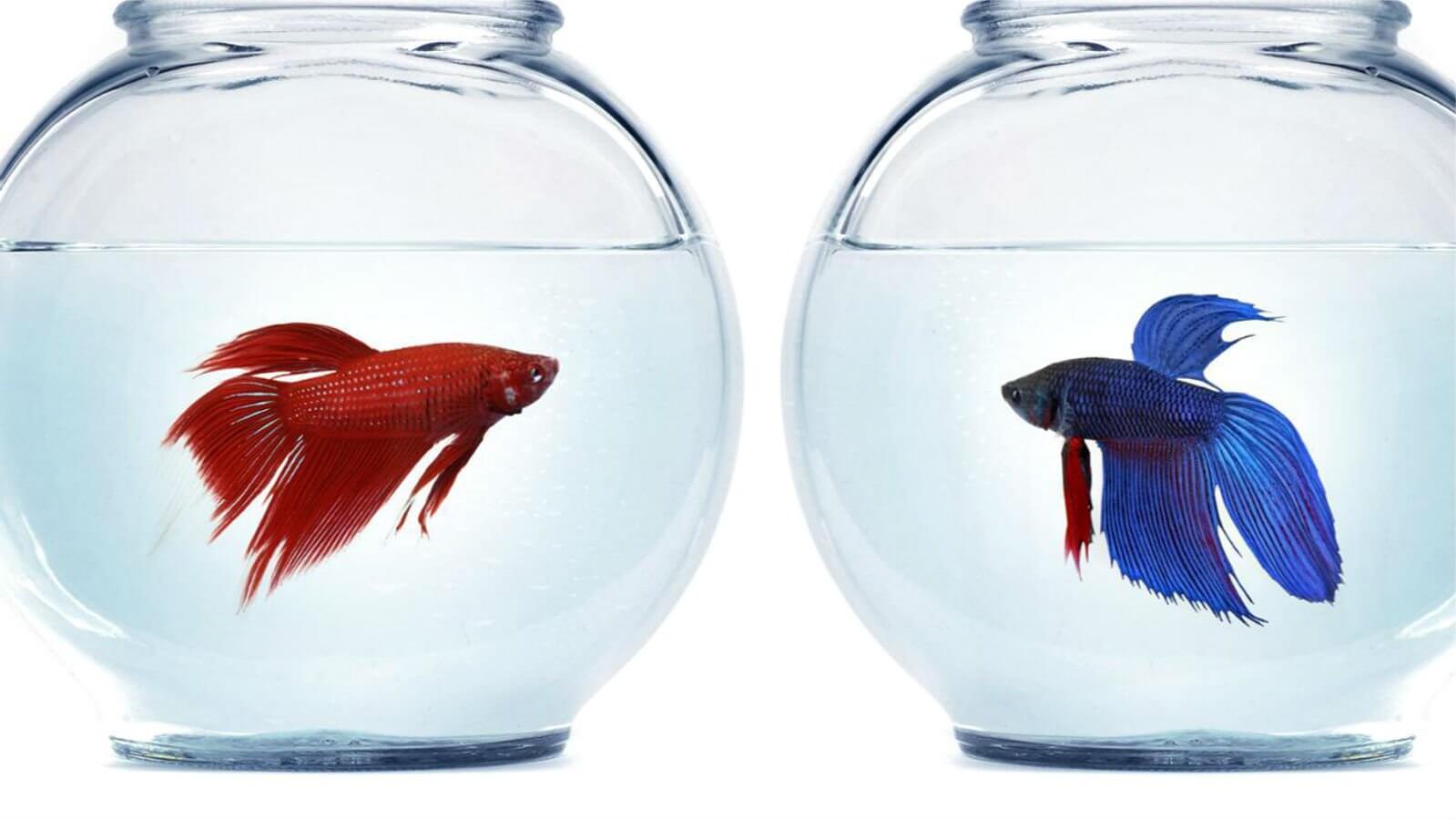 To ensure the well-being of your betta fish and goldfish, consider separating them into different tanks or choosing compatible tankmates. Setting up separate tanks for betta fish and goldfish and selecting appropriate companions for each species can provide alternative solutions for keeping them apart while maintaining a harmonious aquatic environment.
To ensure the well-being of your betta fish and goldfish, consider separating them into different tanks or choosing compatible tankmates. Setting up separate tanks for betta fish and goldfish and selecting appropriate companions for each species can provide alternative solutions for keeping them apart while maintaining a harmonious aquatic environment.
Setting up separate tanks for betta fish and goldfish
For each fish, their own tank is essential. This will help control temperature, filtration, and water quality for their needs. Bettas do well in smaller tanks with gentle filters, while goldfish need larger tanks with more powerful filters.
Also, separate tanks let us provide different food for each. Bettas are carnivorous and prefer protein-rich food like pellets or live food. Goldfish, on the other hand, need a varied diet such as pellets, veggies, and treats like bloodworms or brine shrimp.
Furthermore, separate tanks reduce the risk of disease transmission. Bettas can get diseases like Ich or fin rot, which can spread through contact or contaminated water. Keeping them apart with good hygiene minimizes the chances of these illnesses passing between species.
Therefore, diverse aquatic life needs individual care. By providing separate tanks for betta fish and goldfish, we are giving them the best environment to thrive. The result? Happy fish, happy owners!
Choosing compatible tankmates for betta fish or goldfish
Small schooling fish, such as neon tetras or guppies, can be good companions for betta fish. Snails, like the mystery snail or nerite snail, may help keep the tank clean and look interesting. African dwarf frogs are also a possibility, as they stay in different parts of the tank.
For goldfish, if you have a large enough tank, you can keep them with other goldfish of similar size and character. Koi carp could be compatible tankmates for goldfish if you have a pond or outdoor set-up. Corydoras catfish are peaceful and can live with both betta fish and goldfish.
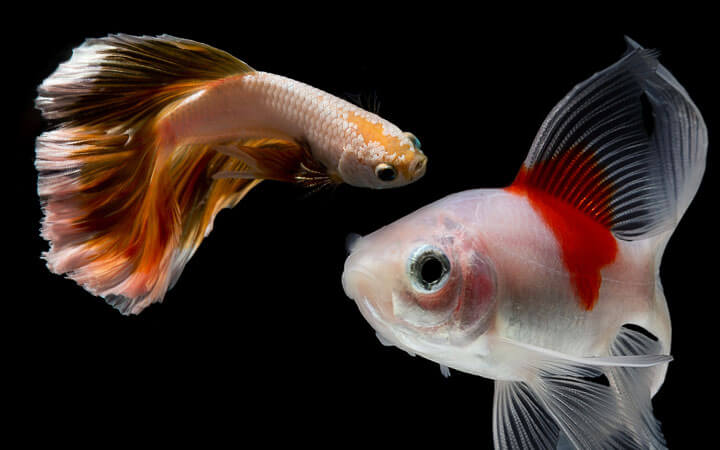
However, it is important to check the behavior of all tankmates often. Separating aggressive individuals quickly helps create a relaxed atmosphere.
Having betta fish and goldfish together is not suggested because of their different living needs. Betta fish like warm water (25-28°C) while goldfish prefer cooler water (18-24°C). Also, betta fish are usually loners and may become anxious or aggressive when with other species. Goldfish create a lot of waste, which can damage water quality if not managed correctly.
It is better to give betta fish and goldfish different tanks to meet their individual needs. Aquarists can make healthy and thriving habitats by making suitable environments for each species.
It is important to note that this information comes from Fishkeeping World. If you are a fan of betta fish or goldfish, one thing is sure – expecting them to live together is like expecting a Kardashian to stay out of the limelight.
Frequently Asked Questions
1. Can betta fish be kept with goldfish?
No, it is not recommended to keep betta fish with goldfish. Betta fish are aggressive and territorial, and they may attack or kill goldfish.
2. What happens if I put a betta fish with a goldfish?
If you put a betta fish with a goldfish, there is a high chance that the betta fish will attack and kill the goldfish. It’s best to keep them in separate tanks.
3. Can I keep different types of fish together in the same tank?
It depends on the type of fish. Some fish can live happily together, while others are not compatible and may fight or harm each other. It’s important to research the specific fish species before adding them to the same tank.
4. What is the minimum recommended tank size for a betta fish?
The minimum recommended tank size for a betta fish is 5 gallons. However, a 10-gallon tank or larger is recommended for optimal health and well-being.
5. How should I introduce new fish to my aquarium?
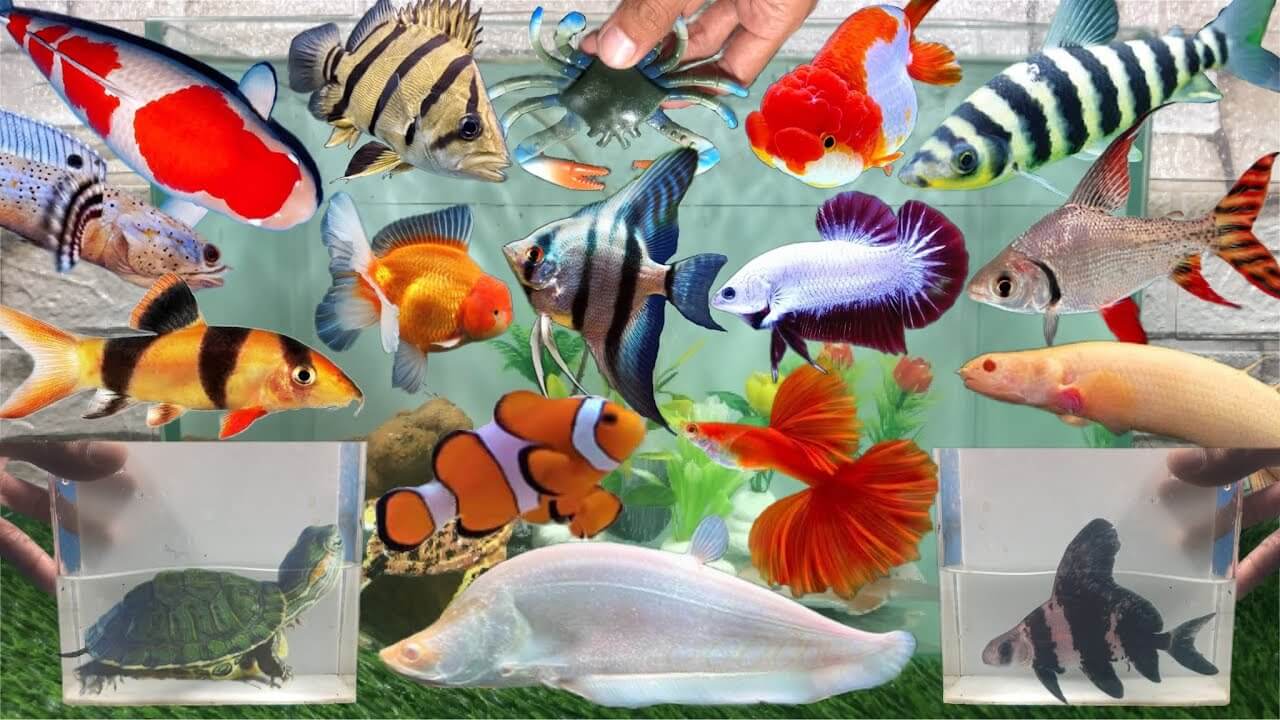
When introducing new fish to an established aquarium, it’s important to acclimate them slowly. Float the bag containing the fish in the aquarium for about 15 minutes, then slowly add small amounts of aquarium water to the bag every 5 minutes for the next 30-40 minutes. Finally, release the fish gently into the aquarium.
6. What should I feed my betta fish?
Betta fish should be fed a varied diet that includes high-quality betta pellets, frozen or live bloodworms, and brine shrimp. It’s important to avoid overfeeding, as this can lead to health problems.
Conclusion
Can betta fish and goldfish live together? It’s both simple and complex. Betta fish can be aggressive, so it depends on factors like tank size, temperament, and the fish’s individual personalities. Provide a spacious tank with hiding spots. Introduce the two species slowly and watch their interactions. Separate them if needed.
Goldfish are known for their huge appetites and may nibble betta fins or steal food. This can trigger aggression. Goldfish might also be tempted by the betta’s bright colors and pretty fins. Without proper care, this could cause tension.
An example: a male betta was in a tank with three goldfish. At first, everything seemed alright. But eventually, one goldfish wanted control of the territory near their food. This led to frequent fights between them, and the two needed to be separated.

